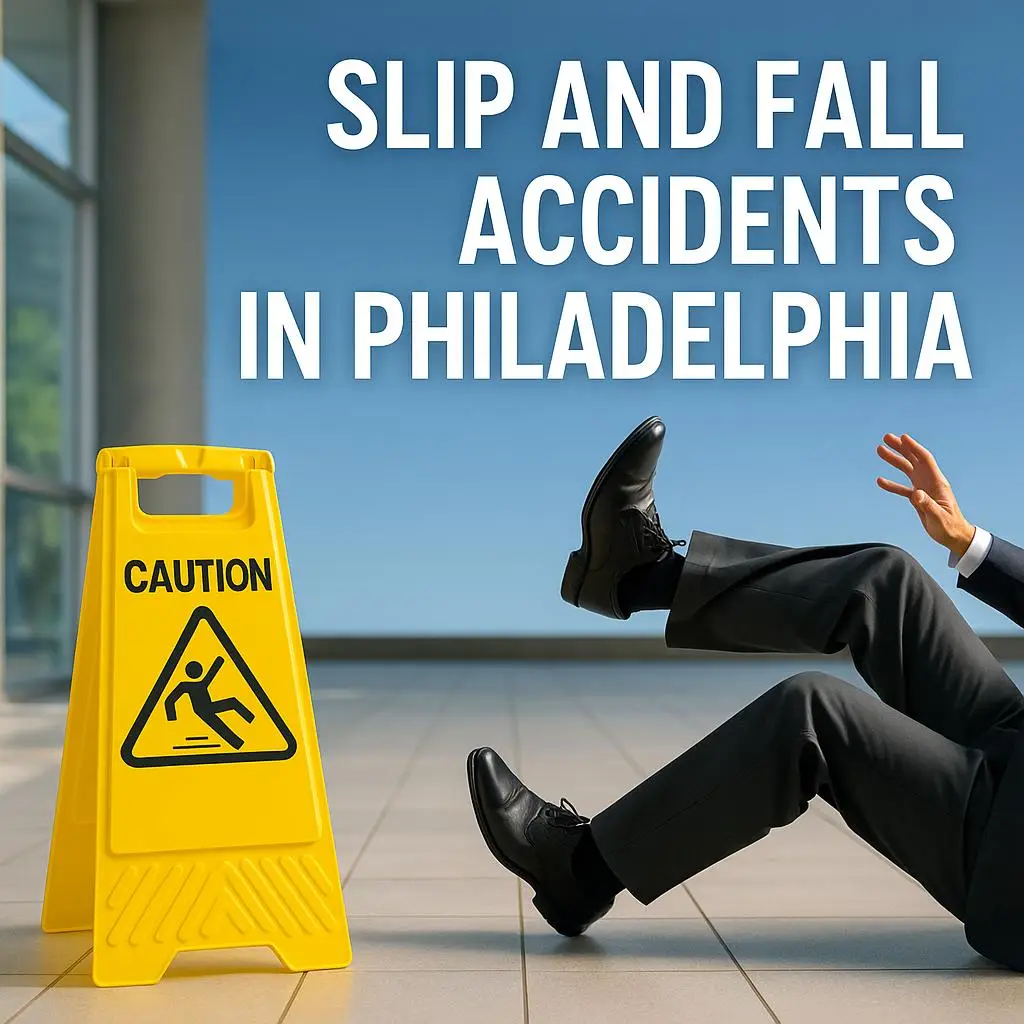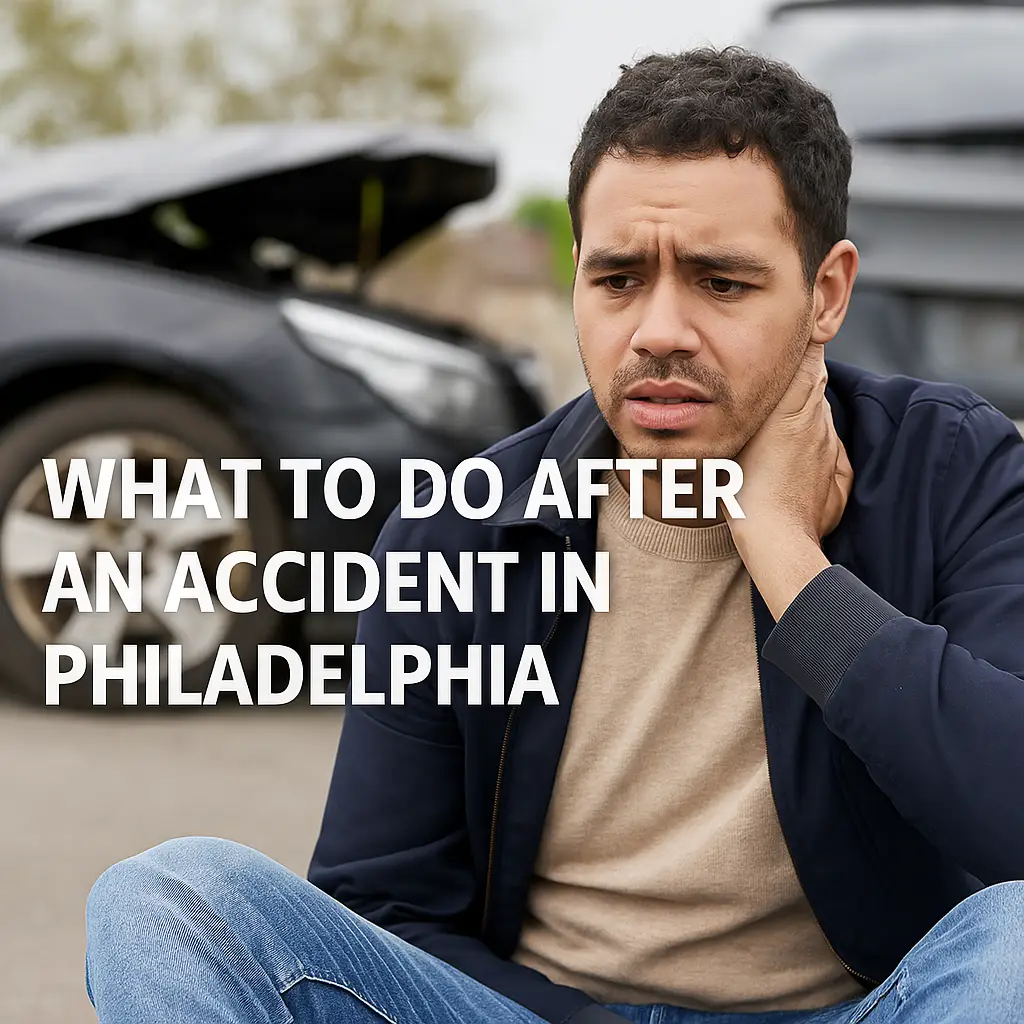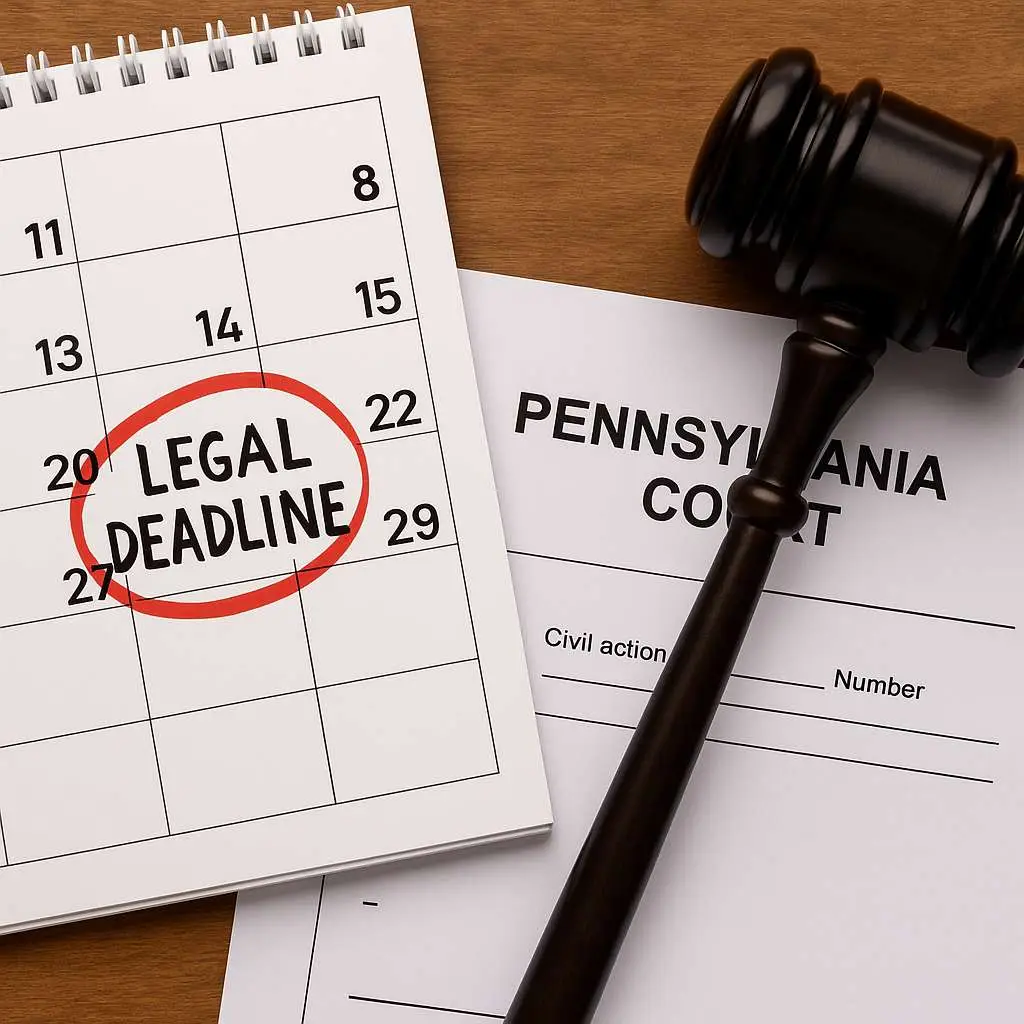What is Premises Liability in Philadelphia?
When you visit a store, restaurant, apartment complex, or even a friend’s home in Philadelphia, the property owner has a legal duty to keep the area safe. If you’re injured due to unsafe conditions—like a wet floor or broken steps—you may be entitled to compensation under premises liability law.
In this guide, you’ll learn:
-
What premises liability means in Pennsylvania
-
How to prove a property owner was negligent
-
What types of compensation you may receive after a slip and fall
Common Causes of Slip and Fall Accidents in Philadelphia
Slip and fall accidents happen when property owners or managers fail to maintain safe conditions. Some of the most common causes include:
🚨 Wet or Slippery Floors – Spills, leaks, and freshly mopped floors without warning signs.
🚨 Uneven Surfaces – Broken sidewalks, potholes, or loose carpeting.
🚨 Poor Lighting – Dim stairwells and walkways that make hazards hard to see.
🚨 Clutter & Obstacles – Boxes, cables, or debris creating a tripping hazard.
🚨 Unsafe Staircases – Broken handrails, missing steps, or steep inclines.
🚨 Ice & Snow Accumulation – Failure to clear sidewalks or parking lots after snowfall.
Slip and fall accidents in Philadelphia often occur in stores, restaurants, or apartment complexes due to preventable hazards
⏩ Pro Tip: Take photos or videos immediately after your fall. Conditions often change quickly—and without documentation, it may be hard to prove what caused your injury.
https://www.cdc.gov/falls/data-research/index.html
Who Can Be Held Liable for a Slip and Fall Accident?
Under premises liability law in Pennsylvania, property owners, landlords, and business operators are legally required to maintain reasonably safe conditions. However, not every fall results in a valid claim.
To hold a property owner liable, you must prove:
-
✔ A dangerous condition existed
-
✔ The owner knew—or reasonably should have known—about it
-
✔ The owner failed to fix or warn about the hazard
-
✔ That hazard directly caused your injury
https://en.wikipedia.org/wiki/Slip_and_fall
How to Prove Negligence in a Slip and Fall Case
To win a slip and fall lawsuit in Philadelphia, you’ll need to demonstrate that the property owner acted negligently. Strong evidence helps build a strong claim:
-
📸 Photos or Videos – Capture the exact condition that caused your fall
-
👀 Witness Statements – Eyewitnesses can confirm what happened
-
📝 Incident Report – File a written complaint with the property manager or store
-
🏥 Medical Records – Link your injuries to the fall
-
📂 Maintenance Records – These may show a history of complaints or ignored hazards
⏩ Pro Tip: Take photos before the owner has a chance to fix the issue. Quick repairs are common after an injury.
Time Limits for Slip and Fall Lawsuits in Philadelphia
In Pennsylvania, you typically have two years from the date of your slip and fall accident to file a personal injury lawsuit. This legal deadline is known as the statute of limitations, and missing it could prevent you from recovering any compensation. That’s why it’s important to act quickly—collecting evidence, contacting witnesses, and speaking with an attorney right away.
Filing early also gives your legal team time to build a stronger case, negotiate with insurers, and pursue full damages. If you wait, evidence may be lost and witnesses may become harder to contact.
👉 Have questions about deadlines for your case? PhillyLegalConnect can connect you with experienced attorneys who handle slip and fall accidents in Philadelphia every day. They’ll help you understand the timeline, protect your rights, and pursue the compensation you deserve.
What Compensation Can You Receive After a Slip and Fall Injury?
If your claim is successful, Pennsylvania law allows you to pursue compensation for:
-
💰 Medical Costs – Emergency care, surgery, rehabilitation, prescriptions
-
💰 Lost Income – Time missed from work during recovery
-
💰 Pain and Suffering – Long-term pain, emotional trauma, PTSD
-
💰 Permanent Injury – Disability, reduced quality of life, or future medical needs
⏩ Pro Tip: The value of your case depends on injury severity, evidence quality, and the property owner’s negligence.
Pain and Suffering: How Much Can You Recover in a Personal Injury Case?
What to Do Immediately After a Slip and Fall in Philadelphia
If you’ve been injured in a fall, taking the right steps can strengthen your claim:
-
Seek Medical Care – Always get checked, even if you feel okay
-
Report the Incident – Notify the property manager or staff
-
Collect Evidence – Photos, videos, and witness info are essential
-
Avoid Insurance Statements – Do not give recorded statements without legal guidance
-
Contact a Lawyer – A local personal injury attorney can protect your rights What to Do After an Accident: A Step-by-Step Legal Guide
🏛️ Where Are Slip and Fall Lawsuits Handled in Philadelphia?
If you’re pursuing a slip and fall claim in Philadelphia, your case will usually be filed in one of three court tracks, depending on how much compensation you’re seeking. Here’s a clear breakdown of how cases are handled — from minor injuries to major jury trials.
Philadelphia Municipal Court – Civil Division
If your claim is under $12,000, it will likely go through Philadelphia Municipal Court. This court provides a fast and simplified process for lower-value cases:
-
No jury — the case is heard and decided by a judge.
-
No formal discovery — meaning no depositions or interrogatories.
-
Ideal for minor injuries with limited medical expenses.
This process is streamlined and usually resolves quickly, making it suitable for straightforward slip and fall incidents.
📎 Learn more: Philadelphia Municipal Court
Court of Common Pleas – Arbitration Track
If your slip and fall claim is valued between $12,000 and $50,000, it will likely be assigned to the compulsory arbitration program in the Philadelphia Court of Common Pleas.
-
A panel of three local attorneys serves as arbitrators.
-
The hearing usually takes just one day.
-
Either side can appeal for a jury trial afterward.
-
Best for moderate injuries like fractures or injuries requiring physical therapy or minor surgery.
📎 Learn more: Philadelphia Arbitration Program
Court of Common Pleas – Major Jury Trial
Claims above $50,000 or involving serious injuries, permanent disability, or death will be assigned to the jury trial track in the Philadelphia Court of Common Pleas.
-
Full litigation process — including discovery, expert testimony, and motions.
-
A jury will decide your case.
-
Verdicts often reach six or seven figures depending on severity and liability.
This is the route for high-stakes cases involving complex medical care, future damages, or commercial property owners.
Important Deadlines: Don’t Delay
If your fall occurred on City of Philadelphia property, such as a public sidewalk or recreation center, you may be required to file a notice of intent to sue within six months under the Pennsylvania Political Subdivision Tort Claims Act. If you miss this deadline, you may lose your right to bring a claim altogether.
What Track Is Right for You?
Your attorney will determine the best track based on:
-
The severity of your injuries
-
The clarity of liability
-
The cost of your medical treatment
-
The property owner’s insurance policy
Each path has pros and cons — but knowing where your case is likely to go helps set expectations and plan the strongest legal strategy.
❓ Frequently Asked Questions About Slip and Fall Cases in Philadelphia
How long do I have to file a slip and fall lawsuit in Pennsylvania?
Under Pennsylvania law, the statute of limitations for most personal injury claims — including slip and fall accidents — is two years from the date of the injury. If your claim involves a city-owned property, you may also need to submit a notice of claim within six months.
Can I sue the City of Philadelphia for a sidewalk fall?
Yes, but municipal cases involve additional legal requirements. You must file a formal notice of intent to sue within 180 days, and liability is only recognized if the City had prior notice of the defect or hazard that caused your fall.
What if I was partially at fault for the fall?
Pennsylvania follows a modified comparative negligence rule. You can still recover compensation as long as you are less than 51% at fault. However, your damages will be reduced by your percentage of fault.
Do I need a lawyer for a slip and fall case?
It’s strongly recommended. Slip and fall cases often involve property owners, insurance adjusters, and legal defenses that can make compensation difficult to obtain without legal guidance. An experienced Philadelphia personal injury lawyer can help gather evidence, negotiate a settlement, and represent you in court if needed.
How much is my slip and fall case worth?
Every case is different. The value of your case depends on:
-
The severity of your injuries
-
Whether your injury caused lost income or long-term disability
-
The clarity of evidence showing the property owner was negligent
Settlements can range from a few thousand dollars to six figures, depending on these factors.
📎 Want help connecting with a trusted local attorney?
Visit our Get Connected page to be matched with top-rated Philadelphia personal injury lawyers.
When to Contact a Slip and Fall Lawyer in Philadelphia
f the property owner denies fault or an insurance adjuster offers you a lowball settlement, don’t wait. Slip and fall cases can be complex, and having legal representation often makes the difference between a denied claim and fair compensation.
👉 Need help finding a trusted Philadelphia personal injury lawyer?
Connect with a local attorney now through PhillyLegalConnect →
Philly Legal Connect is an independent legal news and information platform. We are not a law firm, and we do not provide legal representation, legal advice, or attorney-client services. The content on this website is for informational purposes only and should not be considered legal advice. If you require legal assistance, we strongly recommend consulting a licensed attorney in your jurisdiction. Use of this website does not create an attorney-client relationship.



